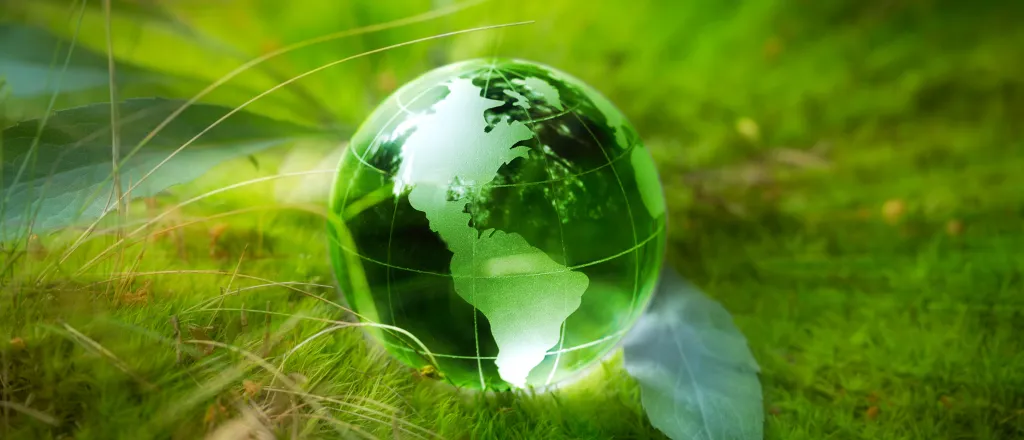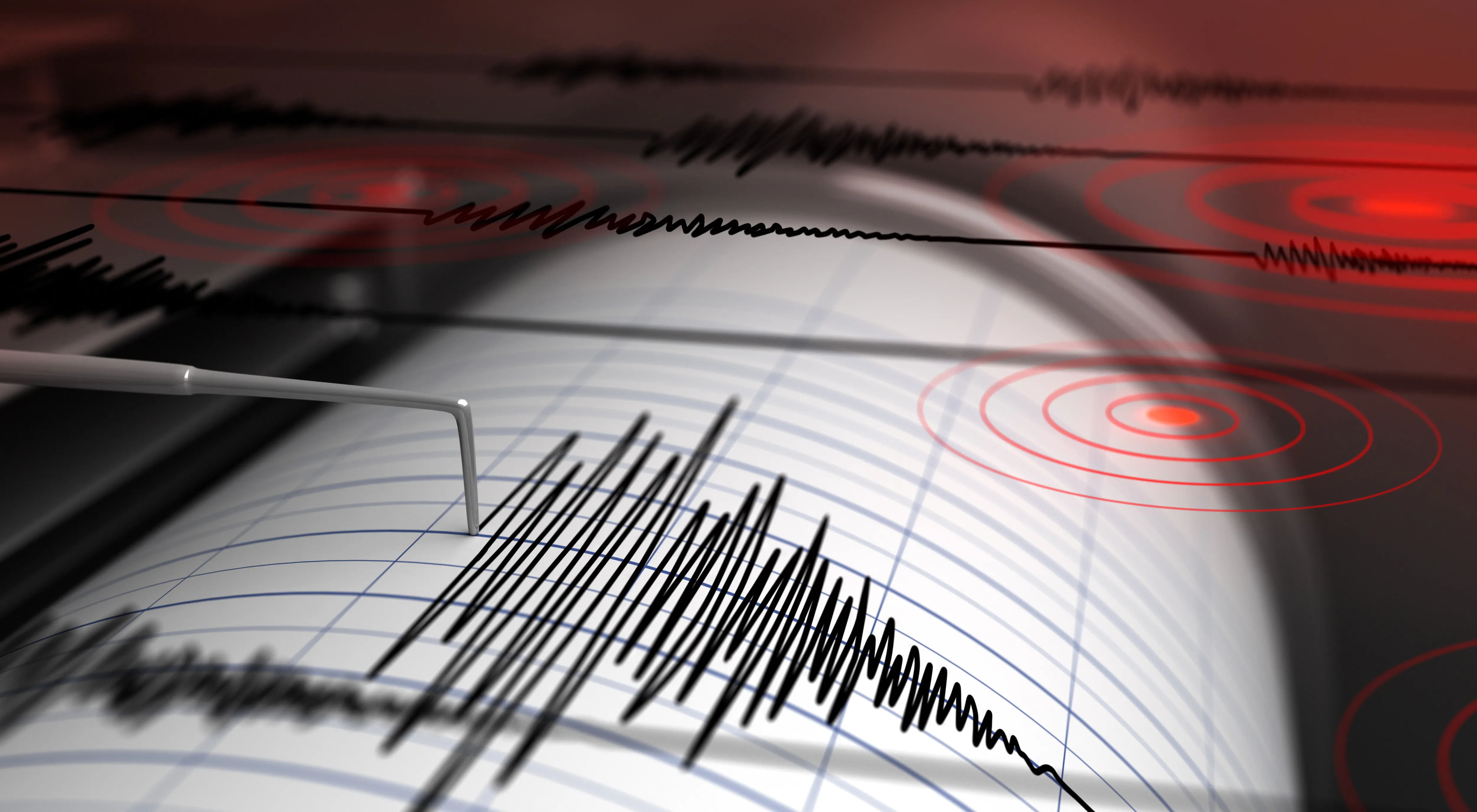
EarthTalk - Why do environmentalists hate fracking so much?
© iStock
Dear EarthTalk:
Why do environmentalists hate fracking so much?
Millie C., Pittsburgh, PA
Fracking, short for hydraulic fracturing, is a method of extracting natural gas. It was invented in the 1940s, but gained popularity in the past two decades, particularly in the U.S. This is because most conventional natural gas reservoirs that can be extracted using traditional methods have been depleted. In 2001, 25 percent of U.S. natural gas was extracted via fracking. By 2022, this grew to almost 80 percent.
Let's delve into the fracking process. Initially, a deep shaft is drilled into the ground, typically hundreds of meters, until it reaches shale rock formations where natural gas and petroleum are trapped in small pockets. Then, a horizontal hole is created throughout the shale. In an typical fracking operation, some four million gallons of fracking fluid—freshwater, sand and numerous chemicals—is driven through the hole using high-pressure pumps to fracture the rock and release the natural gas. After the natural gas is collected, the used fracking fluid, known as flowback, is removed and stored in an underground well.
Flowback fluid is extremely poisonous. It consists of hundreds of chemicals, including lubricants, acids and disinfectants, as well as numerous toxins and carcinogens, such as benzene, radium and heavy metals. The water used cannot be recycled, exacerbating water scarcity. The true toxicity remains unknown due to drilling regulations allowing the concealment of chemicals as Confidential Business Information.
Nonetheless, the impacts are evident. Livestock and pets die due to wastewater exposure; marine wildlife suffer when the fluid enters water bodies. A series of ProPublica reports showed a link between fracking and drinking water contamination in Pennsylvania, Colorado, Ohio and Wyoming. An experiment in West Virginia revealed severe harm to vegetation, killing most plants and half the trees in the tested area.
Fracking emissions, such as methane, nitrogen oxides, sulfur dioxide and particulate matter, are linked to severe health issues like nausea, migraines, birth defects, low birth weights and weight gain. A study in Yale's Environmental Health Perspectives reported that young Pennsylvania children (ages two to seven) residing near fracking sites faced a two to threefold higher risk of being diagnosed with acute lymphoblastic leukemia compared to those living farther away.
Fracking is much more polluting than conventional drilling, which does not require the use of fluids to crack rock layers. “As much as eight percent of the methane in shale gas leaks into the air during the lifetime of a hydraulic shale gas well—up to twice what escapes from conventional gas production,” Robert Howarth of Cornell University estimated. To put this into perspective, methane exhibits a greenhouse gas potency 105 times greater than that of carbon dioxide.
Let’s hope scientists find new ways of making renewable energy more accessible so society can begin moving away from natural gas and other fossil fuels.
CONTACTS
- As Evidence Mounts, New Concerns About Fracking and Health, e360.yale.edu/features/fracking-gas-chemicals-health-pennsylvania
- Surface Water Vulnerable to Widespread Pollution From Fracking, a New Study Finds, insideclimatenews.org/news/20082021/water-fracking-pollution-study
- Fracking’s Environmental Impacts: Water, greenpeace.org/usa/fighting-climate-chaos/issues/fracking/environmental-impacts-water/.

















